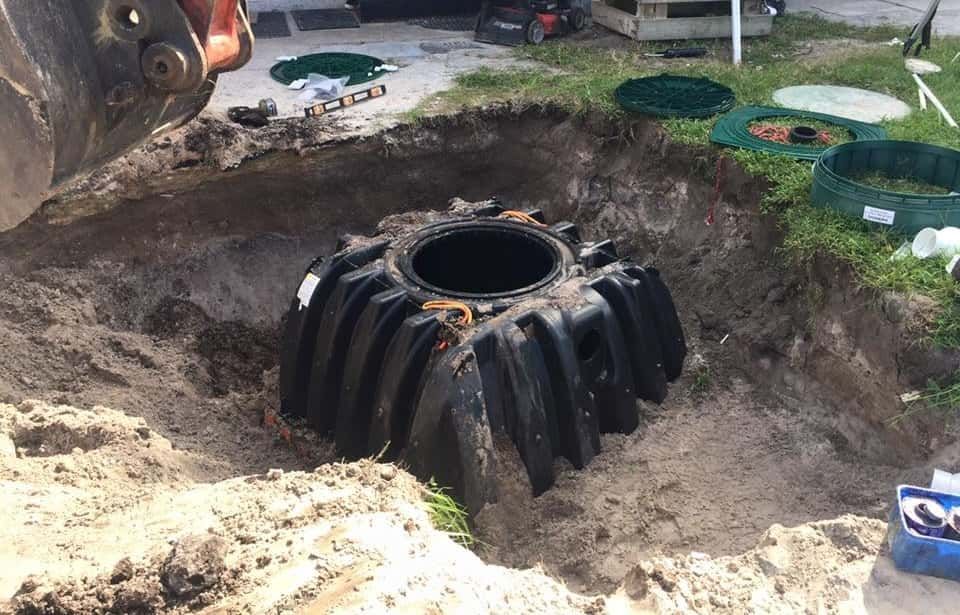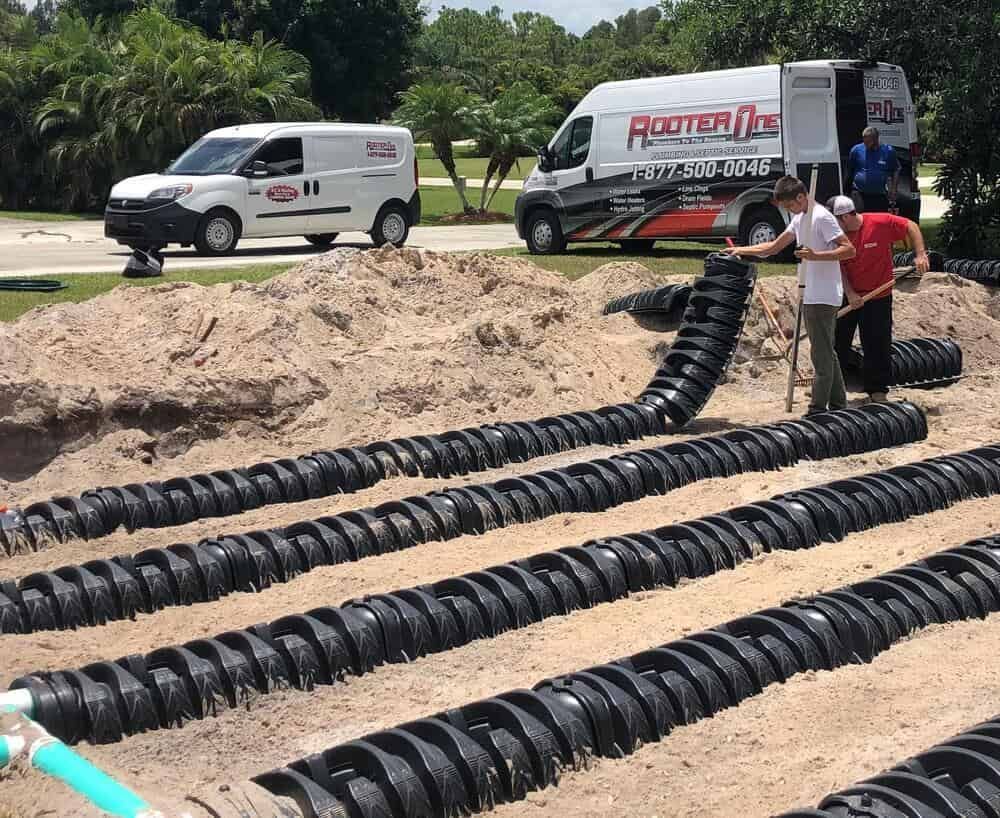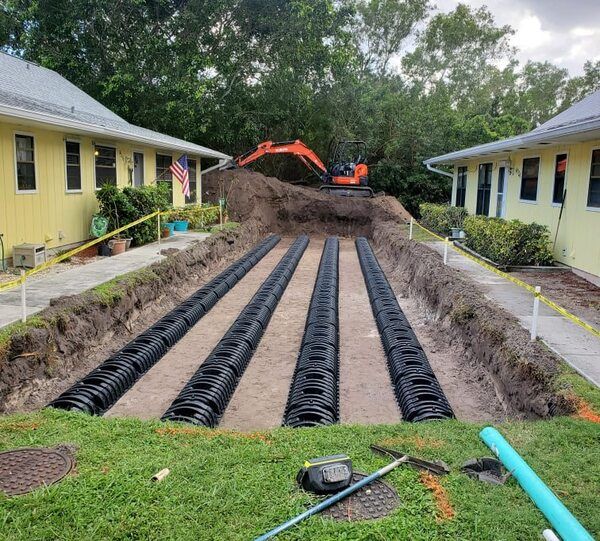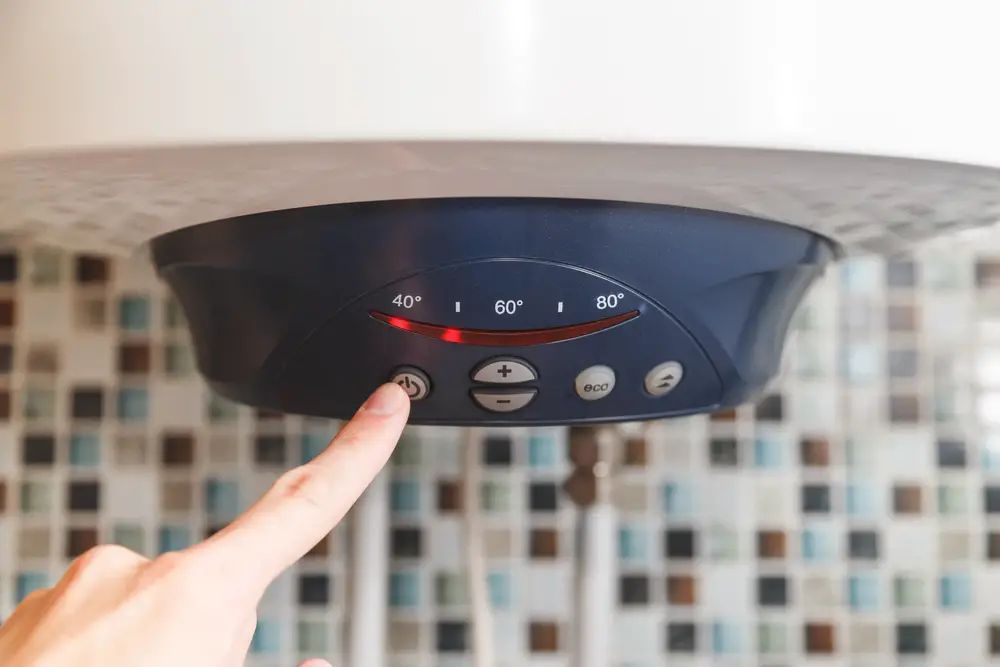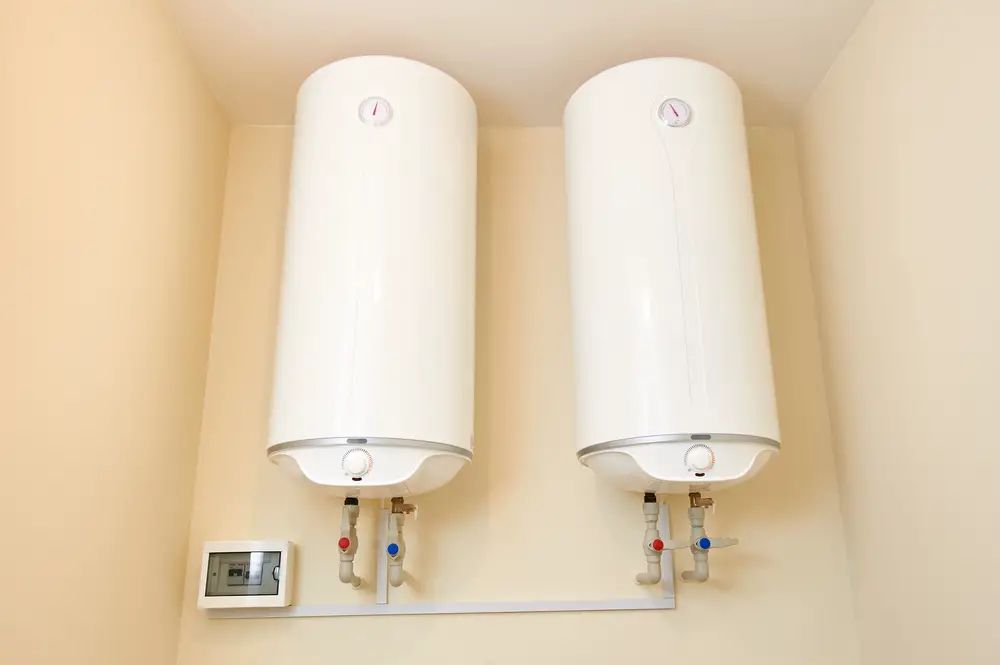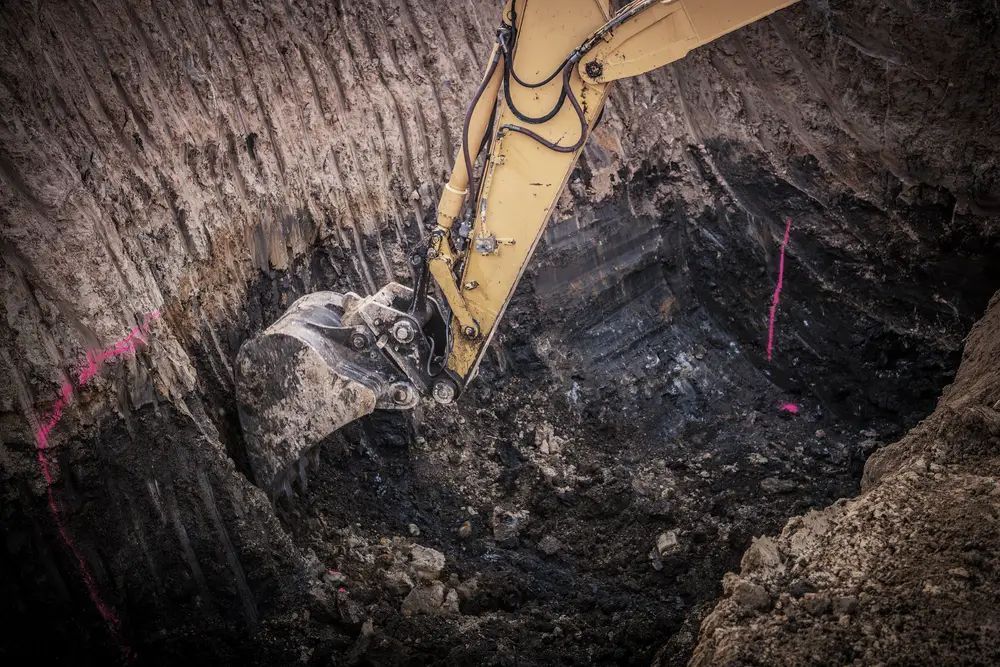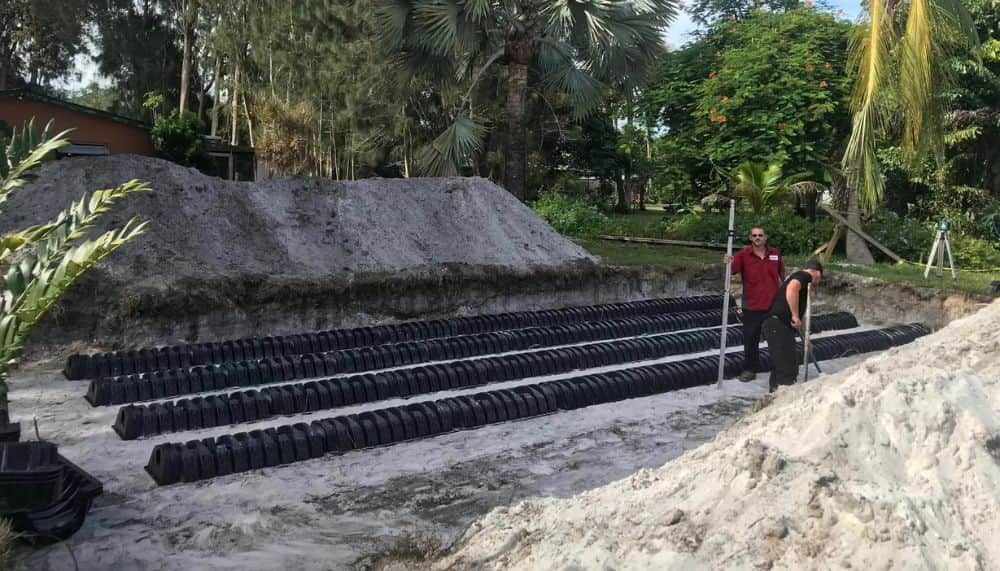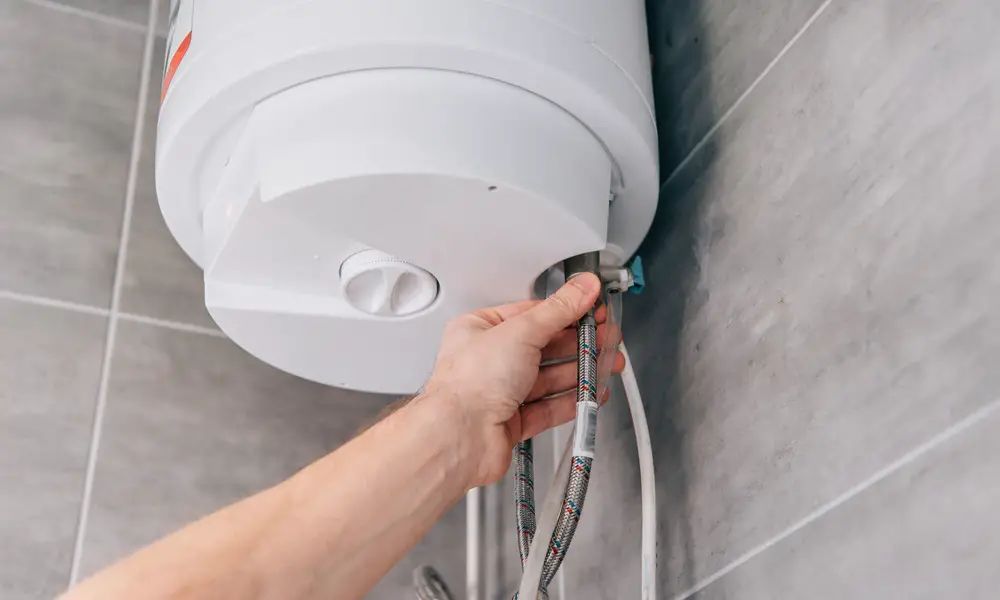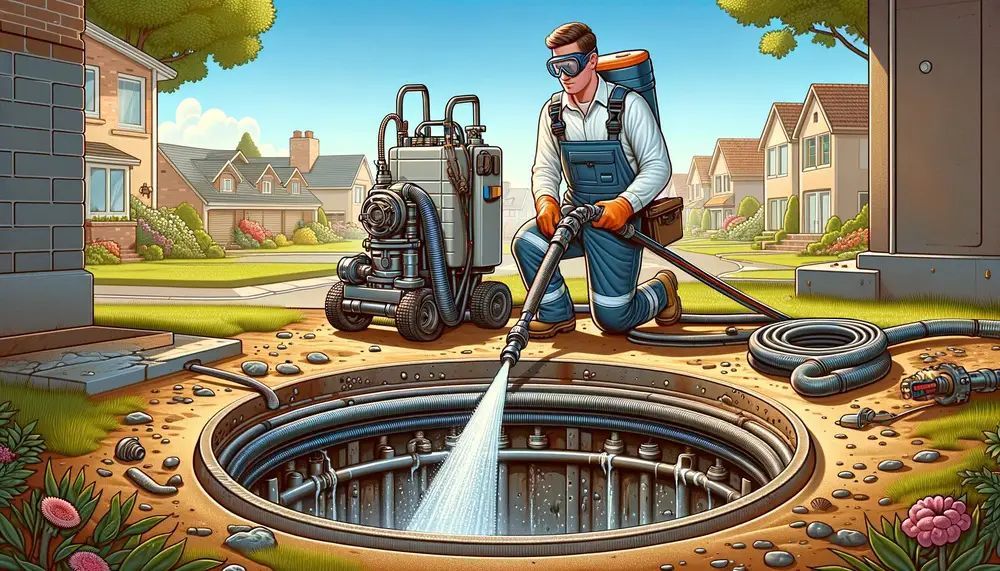Managing Sewer Backup During Heavy Rains in Florida: Homeowner's Guide
Living in Florida brings many luxuries: warm weather, gorgeous beaches and even occasional afternoon rain showers are among them. But with great weather comes great responsibility of managing water due to heavy rainfall and their effect on plumbing systems in your home. One key concern for Florida homeowners during downpours is wastewater seeping back into the basement through sewer lines. Here, we will cover how sewer backup can occur during rainstorms as well as provide essential insights to safeguard the plumbing systems and stay safe from sewer backup in the basement during heavy rainfall.
Understanding the Connection: Heavy Rain and Sewer Backup
"Florida's weather is notorious for sudden and intense rainstorms, transforming the serene environment into a watery challenge. During these heavy rains, homeowners may face an unexpected adversary: sewer backup. This often highlights the need for reliable plumbing services to address and mitigate such issues. But what exactly causes this problem, and can heavy rain really affect your plumbing?"
Can Heavy Rain Cause Sewer Backup? Unraveling the Mystery
Here is the answer to your question: "can a lot of rain cause sewer backup?"
The correlation between heavy rain and sewer backup lies in the overwhelmed sewer systems. When a substantial amount of rainwater inundated the local sewer lines, it can exceed their capacity, leading to a phenomenon known as sewer backup. This occurs when the sewage water reverses its flow, finding its way back into residential plumbing systems.
The Perfect Storm: Factors Contributing to Sewer Backup After Heavy Rain
Several factors contribute to the perfect storm of sewer backup after heavy rain, and understanding them is crucial for homeowners.
1. Overwhelmed Sewer Systems: A Common Culprit
Inadequate drainage systems can quickly become overwhelmed during heavy rains, causing water to accumulate and exert pressure on sewer lines. When these lines reach their limit, the excess water can flow back into residential pipes.
2. Aging Infrastructure: Time Takes Its Toll
Florida, with its rich history, boasts many older homes with aging plumbing infrastructure. Over time, pipes may deteriorate, leading to cracks and leaks that become vulnerable points for rainwater intrusion.
3. Blockages and Debris: Obstacles in the Path
Another contributing factor is the presence of blockages and debris within the sewer lines. Tree roots, grease buildup, and other obstructions can impede the normal flow of water, exacerbating the risk of sewer backup during heavy rains.
4. Septic System: An Overlooked Factor
Regular septic cleaning and maintenance play a crucial role in preventing backups, especially during heavy rains. In homes with septic systems, heavy rainfall can saturate the soil around the septic tank and drain field, hindering its ability to process wastewater effectively. Without regular cleaning, septic tanks can reach capacity faster, increasing the risk of overflow and backup during prolonged or intense rainfall. Ensuring your septic system is well-maintained and cleaned regularly can help prevent these issues and keep the system functioning efficiently, regardless of weather conditions.
The Telltale Signs: Recognizing Sewer Backup in Your Basement
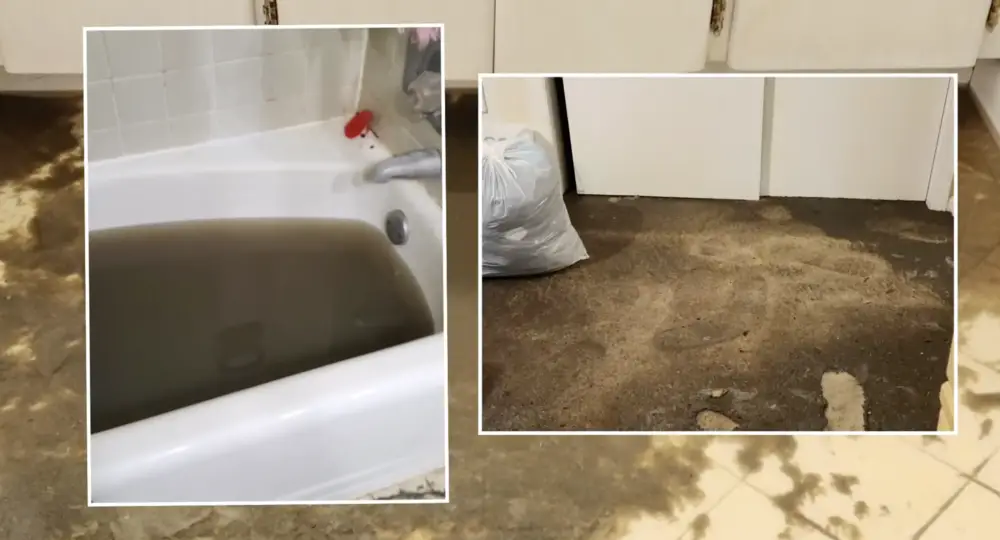
Now that we've identified the potential causes let's discuss how you can recognize sewer backup in your basement during heavy rain.
1. Unpleasant Odors: The Nose Knows
One of the first indicators of sewer backup is the unpleasant odor. If you realize a foul smell emanating from your drains or basement during heavy rain, it's a clear sign that the sewage system is under stress.
2. Slow Draining Fixtures: A Red Flag
As rainwater overwhelms the sewer system, you may notice slow drainage in sinks, toilets, or shower drains. This sluggishness is a warning sign that your plumbing system is struggling to cope with the increased load.
3. Visible Water: An Obvious Clue
Perhaps the most alarming sign is the presence of water where it shouldn't be. If you find water pooling in your basement or around floor drains during heavy rain, it's time to investigate the possibility of sewer backup.
Read More About: Avoiding Salt Water Affecting Your Plumbing in Florida
Prevention is Key: How to Protect Your Home
Now that you're armed with knowledge about the potential risks and signs of sewer backup during heavy rain let's explore proactive measures to protect your home.
1. Regular Maintenance: Stay Ahead of the Game
Scheduled maintenance of your plumbing system is essential. Periodically inspect and clean your sewer lines to remove any potential blockages and ensure optimal flow.
2. Install Backflow Preventers: A Barrier Against Sewage
Consider installing backflow preventers in your plumbing system. These devices are designed to stop sewage from flowing back into your home, providing an additional layer of protection during heavy rain.
3. Proper Disposal Practices: Mind What Goes Down the Drain
Be mindful of what you flush down the toilet or wash down the sink. Do not dispose of grease, paper towels, and other non-flushable items, as they can contribute to blockages in the sewer lines.
4. Evaluate Your Landscape: Watch Out for Tree Roots
If you have trees on your property, especially close to your sewer lines, keep a close eye on their roots. Tree roots can infiltrate pipes, causing cracks and blockages. Consider professional tree root removal if necessary.
Dealing with Sewer Backup: A Step-by-Step Guide
Despite your best efforts, sewer backup can still occur. In such situations, it's crucial to act swiftly and efficiently.
1. Avoid Contact with Contaminated Water: Safety First
Sewage water is highly contaminated and poses serious health risks. Avoid any contact with the water, and if it has entered your living space, evacuate immediately.
2. Shut Off Utilities: Prevent Further Damage
If you suspect sewer backup, shut off your water and electricity to prevent further damage. This step is essential for your safety and to minimize the impact on your home.
3. Call a Professional: Seek Expert Assistance
Contact our licensed pro plumber in Port St. Lucie, Florida, with experience in handling sewer backup issues. A professional will assess the situation, identify the base cause, and implement effective solutions to restore your plumbing system.
4. Document the Damage: Prepare for Insurance Claims
Take photographs of the affected areas and document the damage for insurance purposes. This will streamline the claims process and help you recover the costs associated with repairs.
Conclusion: Navigating Stormy Waters with Confidence
Living in Florida offers a unique blend of sunshine and rain, and being prepared for both is vital to maintaining a safe as well as comfortable home. By understanding the connection between heavy rain and sewer backup, recognizing the signs, and implementing preventative measures, homeowners can weather the storm with confidence. It is important to note that a proactive approach to plumbing maintenance is the best defense against the unwelcome surprise of sewer backup during heavy rains.
Count on Rooter-One, the trusted plumbing experts in Port St. Lucie, to swiftly address sewer backup concerns during heavy rains, ensuring your home stays dry and secure. With our professional touch, you can keep your plumbing flowing smoothly! Contact today!
ROOTER ONE
FORT PIERCE
5400 ORANGE AVENUE,
FORT PIERCE, FL, 34950
PORT ST. LUCIE
1742 SE LORRAINE ST.
PORT ST. LUCIE, FL 34952
STUART
6526 S. KANNER HIGHWAY
STUART, FL 34997
QUICK LINKS
Port St. Lucie Commercial Plumbing
LICENSE NUMBER: CFC1428754



